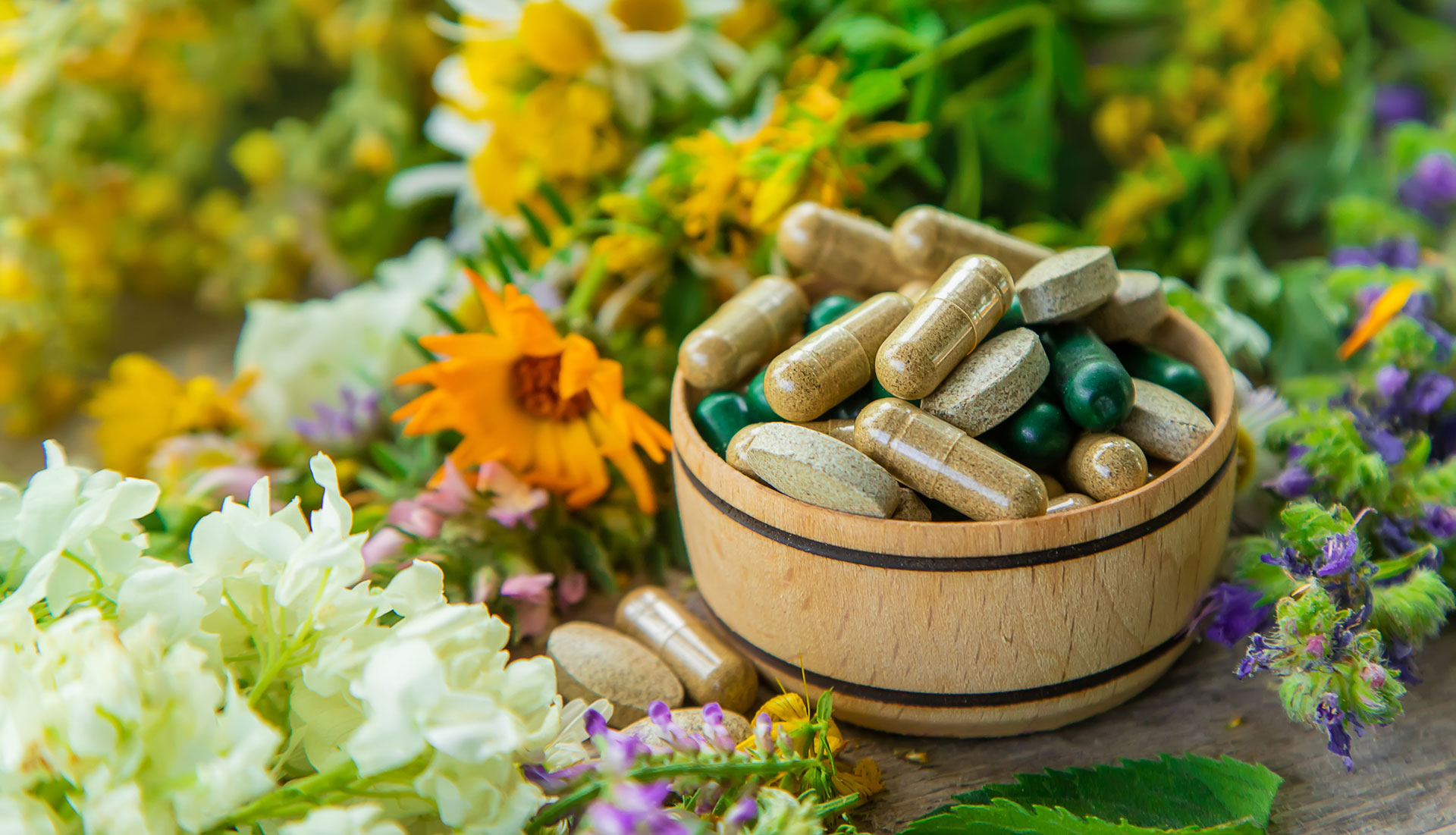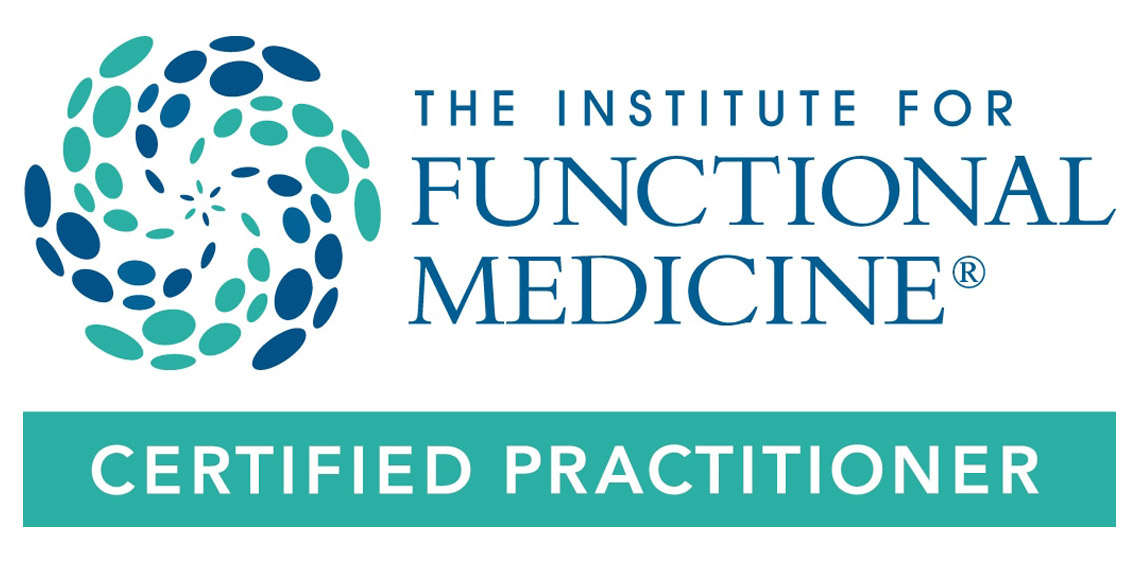Are You Having Difficulty Getting Pregnant?

Heart set on coming a Mom (or Dad) and having difficulty getting pregnant for no apparent reason? Now could be the time to look at stress as a possible cause – because numerous studies now point to the fact that high levels of stress can seriously impact fertility and your chances of conceiving.
For most of us, having kids is one of the most fundamental parts of our lives – they give us meaning and allow us to grow by giving and receiving love through life’s most beautiful moments and greatest challenges. Children keep us young! They are our most meaningful legacy.
But what happens when you can’t get pregnant and satisfy this most fundamental expression of love and happiness? Often it’s a roller coaster ride of anxiety, doctors and specialists, and experimenting with diets and possibly fertility treatments. In time, it can lead to serious depression and emotional distancing from our partners. Life gets turned on its head and our beautiful lives can become hollow and meaningless.
What if the culprit for your problems is simply – stress? What if you could do something meaningful to limit the stress and get pregnant?
Can Stress Lower a Woman’s Fertility?
Recent research conducted at the University of Louisville School of Public Health and Information Sciences suggests that stress lowers a woman’s chances of becoming pregnant, particularly stress that occurs around the time of ovulation.
“If you are feeling more stress than you usually do (around ovulation time), you are 40 percent less likely to get pregnant that month,” said study author Dr. Kira Taylor, assistant professor of epidemiology and population health.
Taylor’s team did not look at why stress affected conception at the time of ovulation. But, she speculated that “stress disrupts the signaling between the brain and the ovaries, and reduces the chances of ovulation.”
Another study conducted at Ohio State University and published in the Journal of Human reproduction found that high levels of pre-conception stress more than double the chances of a woman failing to get pregnant after 12 months of trying.
Researchers measured levels of alpha-amylase, an enzyme in saliva that provides a biological indicator of stress. Women with high levels of the biomarker were more than twice as likely to be declared infertile.
Study leader Dr. Courtney Denning-Johnson Lynch commented, “This is now the second study in which we have demonstrated that women with high levels of the stress biomarker salivary alpha-amylase have a lower probability of becoming pregnant, compared to women with low levels of this biomarker. For the first time, we’ve shown that this effect is potentially associated with a greater than two-fold increased risk of infertility among these women.”
Sandra Berga, MD, chair of the Department of Gynecology and Obstetrics at Emory University in Atlanta estimates that about 5 percent of all women at any given time have stopped menstruating because of stress. “But that’s just the tip of the iceberg,” she says. Many other stressed-out women may have irregular periods or may go for months without menstruating. Berga also noted that stress can disturb the timing of a woman’s cycles. She may end up ovulating a few days before menstruating which is very bad timing for trying to get pregnant.
Emotional stress also seems to reduce sperm counts in men. A study published in the Journal of Reproduction and Infant Psychology found that couples were less likely to achieve pregnancy if the man was depressed or had low self-esteem.
Understanding The Stress-Infertility Mechanism

These and numerous other studies have linked stress with infertility. But what is the mechanism? Why does stress appear to have such a damaging impact on fertility and our ability to conceive?
University of California, Berkeley, researchers have found what they believe is a critical piece of the puzzle.
Scientists know that stress boosts levels of stress hormones – such as cortisol – that inhibit the body’s primary sex hormone, gonadotropin releasing hormone (GnRH), and subsequently suppresses sperm count, ovulation and sexual activity.
The UC Berkeley research found that stress also increases brain levels of a reproductive hormone named gonadotropin-inhibitory hormone, or GnIH. This small protein hormone puts the brakes on reproduction by directly inhibiting GnRH.
The common thread appears to be stress hormones like cortisol, which not only suppress GnRH but boost the suppressor GnIH – a double whammy for the reproductive system.
“We know stress affects the top-tier reproductive hormone, GnRH, but we show, in fact, that stress also affects another high-level hormone, GnIH, to cause reproductive dysfunction,” said lead author Elizabeth Kirby, a graduate student at UC Berkeley’s Helen Wills Neuroscience Institute.
Let’s put that very simply – higher levels of stress hormones such as Cortisol (resulting from our stress) suppress reproductive hormones, reducing fertility and your ability to conceive. As University of Louisville’s Dr. Taylor suggests “it could be nature’s way of saying, ‘Don’t have a baby right now.’ “
Why? Because God or nature or the universe – however you perceive it, wants you to have the best chance of reaching a full-term pregnancy and a healthy happy baby. If you’re very stressed it may assume that it’s not a good time to be nurturing a new life.
How To Reduce Stress and Increase Your Chances of Pregnancy

It’s possible to get rid of chronic stress
The evidence is clear – stress directly impacts fertility. Reducing stress therefore is only going to help you to conceive – plus you’ll be a whole lot happier not carrying around all that stressful baggage!
But how do you let go of stress? It’s so annoying to be told to “relax” or be “mindful” when you’re in the midst of life’s many challenges – especially trying to get pregnant. Here are a few practical suggestions based on experience we’ve had with our patients at Alchemy Radiant Health.
Try to choose less stressful situations.
If you can identify the main causes of stress in your life you might be able to make changes to mitigate the stress.
Is it a friend or relative or co-worker? Maybe you can minimize the time you spend with that person. If it’s an unhappy job situation, open your mind to looking for another more harmonious opportunity.
None of this is easy, but if getting pregnant is important to you need to be serious about making good choices, because you’ll need to continue making good choices for your child for at least 15 years!
Minimize foods that heighten stress

Too much coffee, sugar, and heavily processed foods can leave you feeling agitated, overstimulated, inflamed, and not in a good place to tolerate stress.
For most patients we recommend a simple Mediterranean diet consisting of salads, vegetables, olives, goat cheese, healthy oils (like good quality olive or coconut oils), and moderate amounts of lean animal protein (organic chicken and wild-caught fish are especially good).
Healthy green and herbal teas are high in antioxidants and much less stressful on the body than coffee. Also try to avoid too much sugar (as in muffins, desserts, cakes, and sugary drinks).
Enjoy a practice that helps you to reduce stress.
Regular yoga or exercise or meditation or prayer can bring great relief and instill a more positive mindset that leaves you less reactive to stressful situations.
Add a treatment protocol to minimize stress.
At Alchemy, we work primarily with acupuncture as a means to reduce stress in our patients. Acupuncture effectively resets the nervous system and blocks the negative effects of cortisol and other stress hormones – including their impacts on reproductive hormones and fertility.
Acupuncture reduces stress immediately and resets your nervous system
Researchers at Georgetown University found that acupuncture blocks the chronic, stress-induced elevations of these hormones.
A weekly acupuncture treatment can give your body a “clean slate” that together with the other stress-reduction techniques above can put you in a much more relaxed and happy state. It’s good for fertility. It’s good for a happy you!
When used in conjunction with Western fertility treatments, acupuncture increases conception rates by 26%. A recent study from Tel Aviv University reports, “When combining IUI with TCM treatments, 65.5 percent of the test group were able to conceive, compared with 39.4 percent of the control group, who received no herbal or acupuncture therapy.”
We also provide individualized herbal consultations to boost the body’s fertility in a natural way, with no side effects.

Dr Josse Ford
Josse Ford is the Founder and Director of the Alchemy Radiant Health clinic in Encinitas, California. She specializes in the integration of Chinese medicine and functional medicine to treat the whole human holistically and to focus on the root cause of illness




